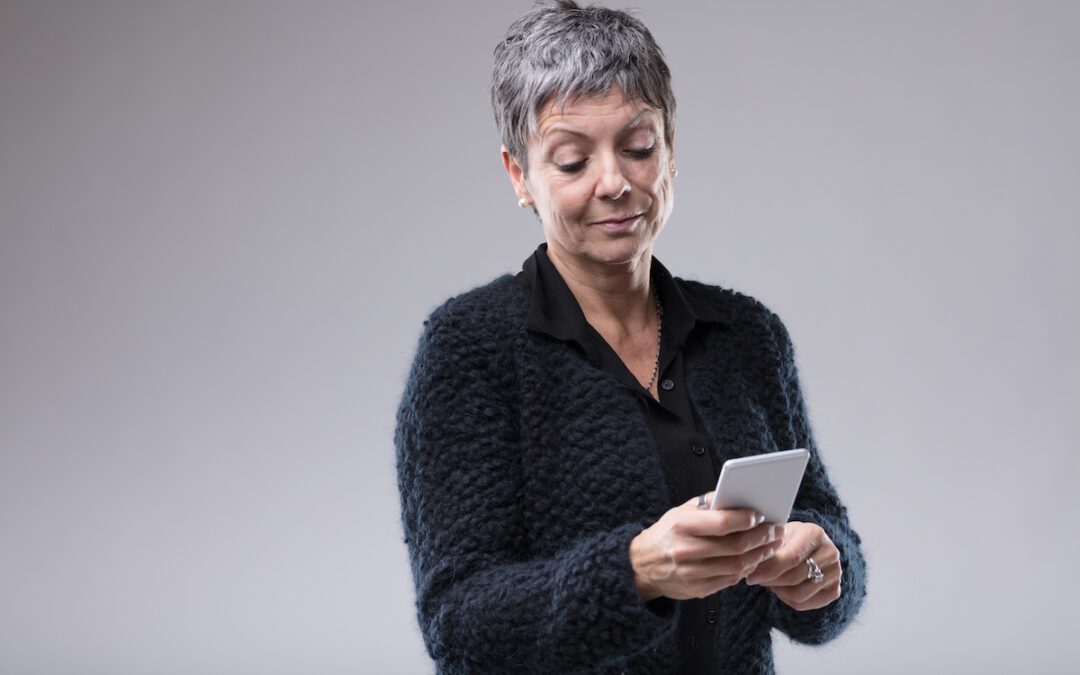How to Deal with Trauma and Traumatic Stress
How to deal with trauma and traumatic stress – Recently, Hurricane Sandy caused severe damage to the Northeast including New York, Connecticut and New Jersey. Some people lost their homes due to wind and water damage and many families have had to deal with power outages for extended periods of time. Some people (such as the elderly and the sick ) have not able to easily get food and water, and those without power have had no heat. And still others have been displaced, staying with friends or relatives or making use of emergency shelters. These are traumatic events.
Even as the emergency response continues and matters improve, you may feel stressed, overwhelmed or depressed. These feelings can be expected after the trauma wreaked by Sandy.
If you’re trying to recover from the devastation of dealing with both the physical and emotional trauma caused by the storm, you might find these reources helpful.
HOW TO GET, FILE FOR AID: FEMA DISASTER ASSISTANCE APPLICATION
“Residents of the 10 counties that have been included in the disaster declaration (Atlantic, Bergen, Cape May, Essex, Hudson, Middlesex, Monmouth, Ocean, Somerset and Union) may register for assistance online at www.disasterassistance.gov or by phone at 1-800-621-3362 .
Applicants must provide social security numbers, information about insurance coverage, family gross income, address and phone number of property that is damaged and a current address and phone, if different” more …
How to Deal with Trauma – Resources to Help You:
Five Steps for Dealing with Trauma | Psych Central -Did you know that bad things that have happened to you in your life can cause or worsen psychiatric symptoms? More and more research confirms the strong. more…
Managing traumatic stress: Tips for recovering from disasters and other traumatic events – Disasters are often unexpected, sudden and overwhelming. In some cases, there are no outwardly visible signs of physical injury, but there is nonetheless a more …
Managing traumatic stress: After the hurricane – What are normal reactions to experiencing a hurricane, and how to cope with your feelings – more…
Emotional and Psychological Trauma: Causes, Symptoms, Help – Your child may also look to you for cues on how they should respond to traumatic events so let him or her see you dealing with symptoms of trauma in a positive … more…
We hope you find this information helpful.



